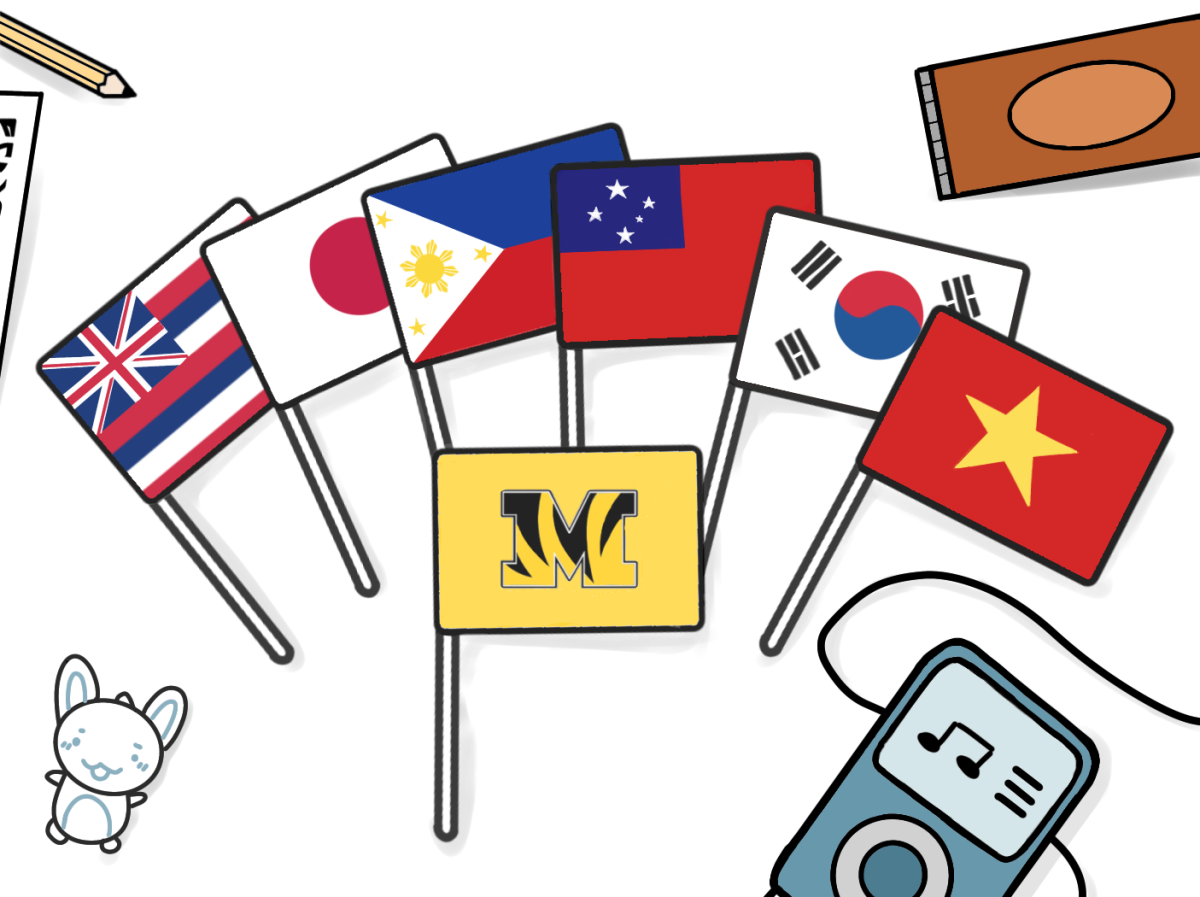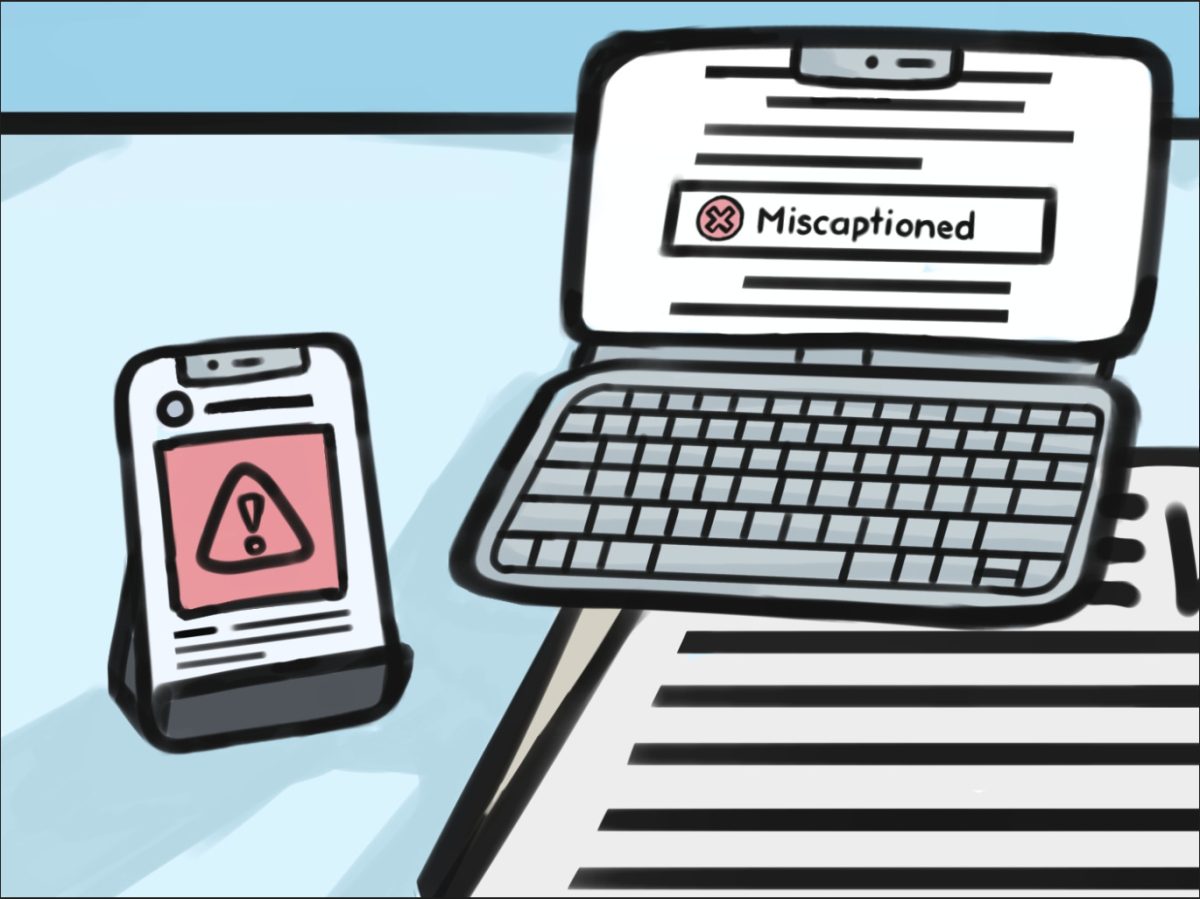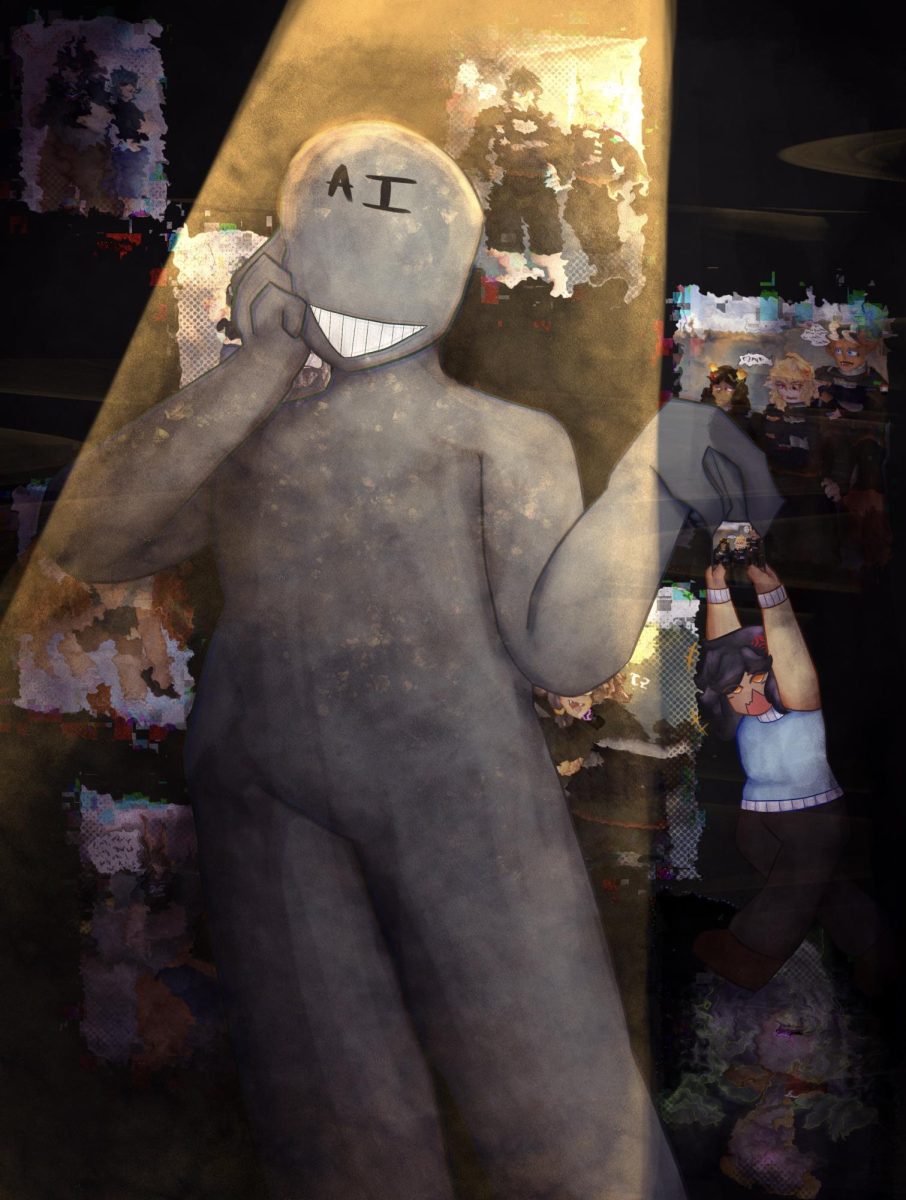You walk into your home and breathe in the smell of your favorite food. You read the news and discover that one of your favorite celebrities once attended your high school. You scroll through Instagram and see a relatable video from a creator of the same ethnicity as you. You meet someone, and find out you both like the same music artists.
Chances are the cultures you identify with, whether ethnic or otherwise, have a big impact on your life and the actions you take. Being involved with your culture can develop your identity, your understanding of your history and your connection with others.
For as long as I can remember, my parents have made a point of making sure my sister and I stay involved in our culture. They encouraged us to speak Vietnamese when talking to them at home so that we stayed familiar with our language and made sure we participated in important traditional celebrations such as Tết Nguyên Đán (Lunar New Year) and Tết Trung Thu (the Mid-Autumn Festival). They take us to Vietnam for a month every couple of years to expose us to Vietnamese customs.
I’m grateful for my upbringing, because it helped me build a bond with my parents and my home country that would have been difficult to build otherwise. But as a first-generation immigrant myself, I know that first- and second-generation immigrants often struggle with a feeling of cultural disconnect because of the constant struggle to juggle two identities at once. Whenever I visit extended family, especially in Vietnam, I get the sense that I’m not as Vietnamese as everyone else, because I don’t have a perfect grasp of the Vietnamese language, and I spent most of my life in the United States, taking part in American customs.
However, because of the way my parents raised me, these occasional feelings of insufficiency and confusion don’t get in the way of my connection with my culture. Whenever I feel out of place culturally, I talk to cousins at home who have had similar experiences, and take comfort in Hawaii’s diverse communities, where people like me are commonplace and even part of the norm. I believe even if you never really took time to get exposed to your culture for most of your life, it’s never too late to reap the benefits of connecting with your ethnic culture.
According to Deakin Research, many studies including those on ethnic identity suggest that connection to a group is linked to higher self-esteem. Being connected to your ethnic background can also provide a buffer against the psychological effects of ethnic discrimination. Your cultural background is a key part of your identity, and by maintaining your links with it, you can better understand who you are as a person. It can help you feel closer to people with similar roots and find a sense of belonging in your community. Knowing where you come from can also help you develop your confidence, so that no matter where you go or what you do in the future, you’ll always know who you are.
But your ethnic culture isn’t the only type of culture you can explore to figure out who you are. There are many types of culture you might identify with without even realizing it. Online communities with people who share particular hobbies, watch particular shows, or play a particular game all have cultures you can get involved in. Offline communities such as your town, school or clubs you’re in can all be a part of your identity, too.
By building a positive environment and upholding the values of pride and tradition at school, you can create a culture that you’re proud to be a part of. By getting involved in local, cultural and school activities, as well as connecting with communities you relate to online and offline, you can discover your identity and your roles in your community.











